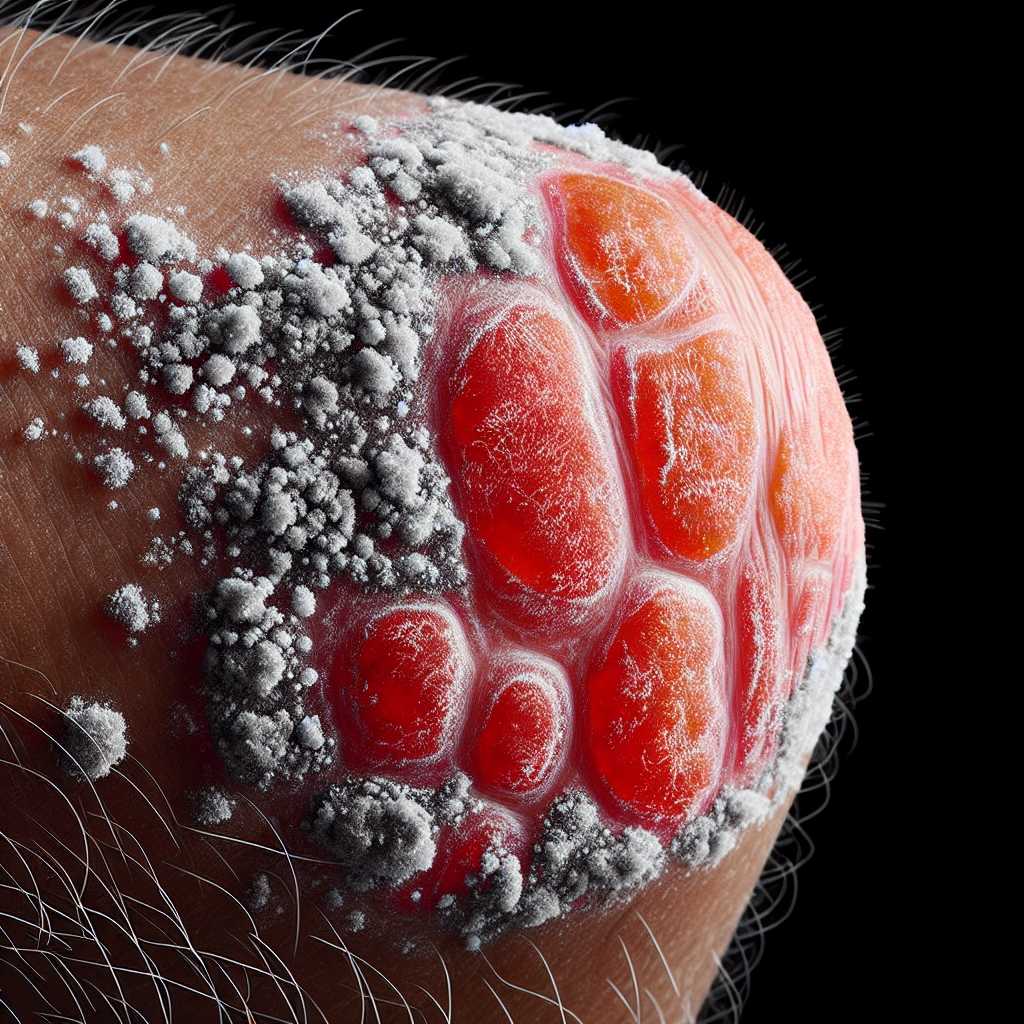Understanding Psoriasis: A Comprehensive Overview
Psoriasis is a chronic autoimmune disease characterized by patches of abnormal skin. These patches are typically red, itchy, and scaly. Psoriasis varies in severity from small, localized patches to complete body coverage. It is a non-contagious condition that involves a rapid turnover of skin cells.
Causes and Risk Factors of Psoriasis
Genetic Influence in Psoriasis Development
Research indicates that psoriasis has a strong genetic component. People with a family history of the disease are at a higher risk of developing psoriasis themselves. However, the exact way psoriasis is inherited is complex and not fully understood.
Environmental Triggers
Various environmental factors can trigger the onset or flaring of psoriasis in individuals who have an inherited tendency. These include stress, skin injury (such as cuts or scrapes), certain medications (including lithium and beta-blockers), infections (like strep throat), and other factors such as weather changes.
Immune System Role: Function and Malfunction
At its core, psoriasis is an immune-mediated disease. The immune system mistakenly attacks healthy skin cells, causing the rapid life cycle of skin cell production. T-cells, a type of white blood cell, play a key role in this overactive immune response which leads to inflammation and excessive skin cell production.
Types and Symptoms of Psoriasis
Plaque Psoriasis: The Most Common Form
This variety manifests as raised, inflamed, red lesions covered with a silvery white buildup of dead skin cells. The plaques might be itchy or painful and often appear on the scalp, knees, elbows, and lower back.
Guttate Psoriasis: Characterized by Small, Dot-like Lesions
This form often starts in childhood or young adulthood. It may be triggered by a streptococcal infection. Unlike plaque psoriasis, guttate psoriasis may go away on its own without treatment.
Inverse Psoriasis: Affecting Skin Folds
Presenting as red patches in body folds — such as behind the knee, under the arm or in the groin — this form of psoriasis can be exacerbated by friction and sweating.
Pustular Psoriasis: A Rare and Severe Form
Characterized by widespread pustules on top of red skin, this type can be both painful and physically disabling. Triggers include topical treatments, medications, UV light exposure, pregnancy, and other factors.
Erythrodermic Psoriasis: A Potential Medical Emergency
This type involves widespread inflammation that can spread over most of the body. It may lead to severe illness from protein and fluid loss. Immediate medical attention is necessary.
Treatment and Management Strategies for Psoriasis
Topical Treatments: First Line Defense
Creams and ointments applied directly to the skin can be effective at reducing mild to moderate psoriasis symptoms. These include corticosteroids, vitamin D analogues, retinoids, calcineurin inhibitors, coal tar, salicylic acid and moisturizers.
Phototherapy: The Light-Based Option
A common treatment for moderate to severe cases utilizes natural or artificial ultraviolet light under medical supervision. Consistent phototherapy sessions can significantly alleviate symptoms.
Systemic Medications: For Severe Cases
Oral or injected medications are options when topical treatments and phototherapy don’t work. These include retinoids, methotrexate, cyclosporine, biologics specifically targeting immune response proteins, and new oral treatments including PDE4 inhibitors.
Lifestyle Modifications: Everyday Actions to Help Control Psoriasis
Adjusting day-to-day habits can greatly assist in managing psoriasis. Reducing alcohol consumption, quitting smoking, minimizing stress, maintaining a healthy weight through diet and exercise all contribute to managing the disease effectively.
Notes
Image description: A close-up view of plaque psoriasis on the elbow showing the classic raised, red lesions covered with silvery white scales against normal skin texture for contrast.
